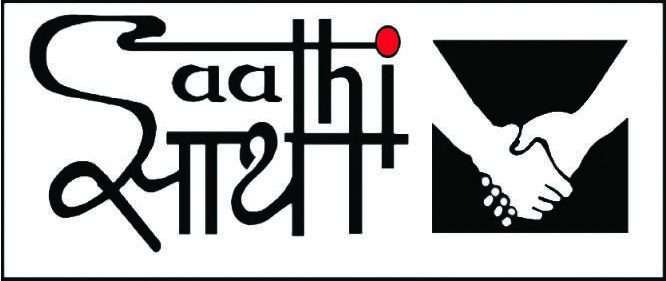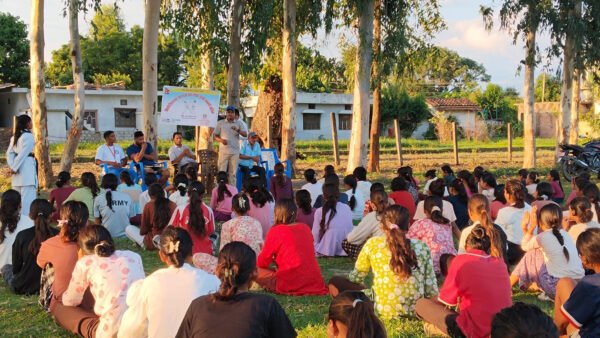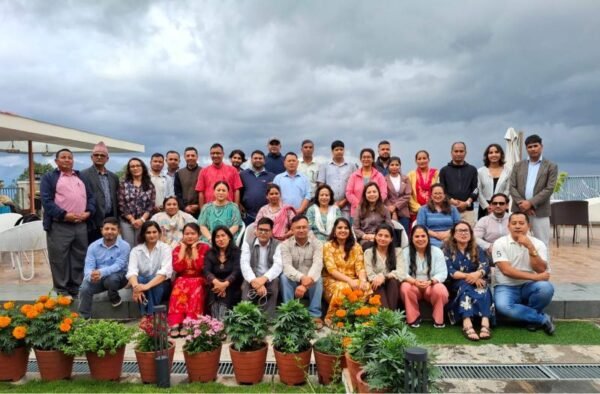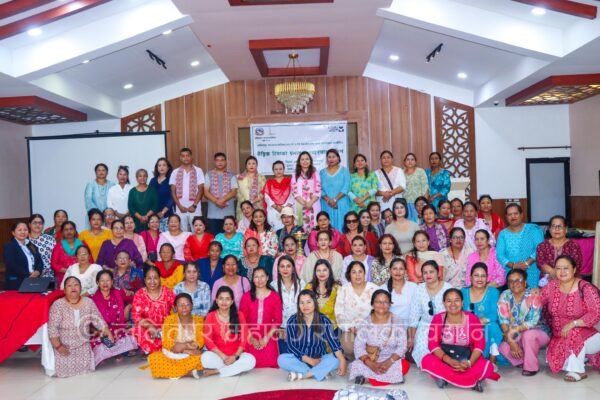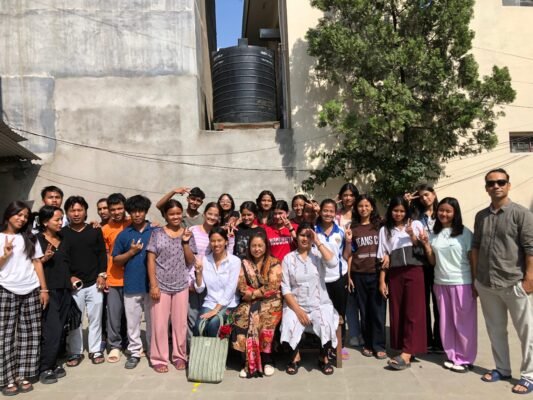Developing Home Based Workers Right through Leadership Development
Overview of the Project
Saathi has been engaging with home based women workers living in five different slum area across Kathmandu, Bhaktapur and Lalitpur since 2013. The targeted groups for this project are home based workers (HBWs) who have been compelled to live on government land illegally due to lack of availability of other feasible options. HBWs face many challenges such as lack of access to drinking water, sanitation, electricity, health care, etc. As they generally come from low-income groups in slum areas, they have less access to resources. They are deprived of basic rights and have minimal access to city governance.
Saathi works aims to unify the scattered home based workers for their rights and advocate for decent work condition and help market their product. The organization has been helping them to organise and develop their capacity as local leaders through various trainings. This has enabled them to hold dialogues with city officials and take action to secure their rights and participate in local bodies. They have also been able to leverage resources from local government agencies and institutions to address their collective needs; and create an environment where the agendas and issues of HBWs are prioritized in different forms of city governance from the ward level to the municipality council to the political parties.
Target Group
The targeted beneficiaries of the project are 280 HBWs from 14 groups in 5 squatter settlements in Kathmandu (Ramhiti, Pathibhara, Jagritinagar), Bhaktapur (Manohara) and Lalitpur (BudhitoTole).
Project Duration:
The duration of the project is 1st April 2018 to 31st March 2018.
Partner Organisation: Unitarian Universalist Service Committee
Objective of the Project:
The major objective of the project is To Increase the capacity of Home Based Workers in Slum settlement to hold dialogue with city officials for fulfillment of their rights including right to civic amenities and their participation on city governance. The project aims to enable HBWs to receive service and leverage resources from local government agencies, institutions to address their collective needs. The project also conducted its activities to create an environment where HBWs agenda and issue are taken with high priority in different level of city governance, among political parties.
Key Achievements:
- A total of 320 beneficiaries from 16 groups have been reached directly by the project and 9000 members of slum settlements have been reached indirectly through the project
- Home based workers group have been successful in leveraging resources from local bodies and other organisations to organise livelihood trainings and health camps
- 5 groups, one from each area has been formally registered to function as separate legal entities.
- At Pathibhara, 20 households have received electricity and 8 houses are in the process of receiving electricity
- 6 Group members have been elected in the local level elections and hold major position at the ward level.
- Groups have also been successful in lobbying for drinking water, individual electricity line and sewage line.
- New groups have been formed and leaders from those groups are also trained on conducting group meetings, writing meeting minutes, taking issues to the concerned level, etc
- group lobbied budget from local government and able to get budget. various programs for livelihood and economic empowerment conducted
- all the households in Manohara were to get electricity meters individually
- At Godavari, individual houses got drinking water line
- At Jagritinagar, the water supply through tanker is running smoothly and they are in process of getting electricity pole in their area
- at Pathibhara, groups are being active and getting budgets from local level and individual donors for operating business
- community members at all areas are coordinating with other organizations and getting support for their income and livelihood and other material, training and infrastructure support
- the ward officials at most places are being positive and supporting groups
